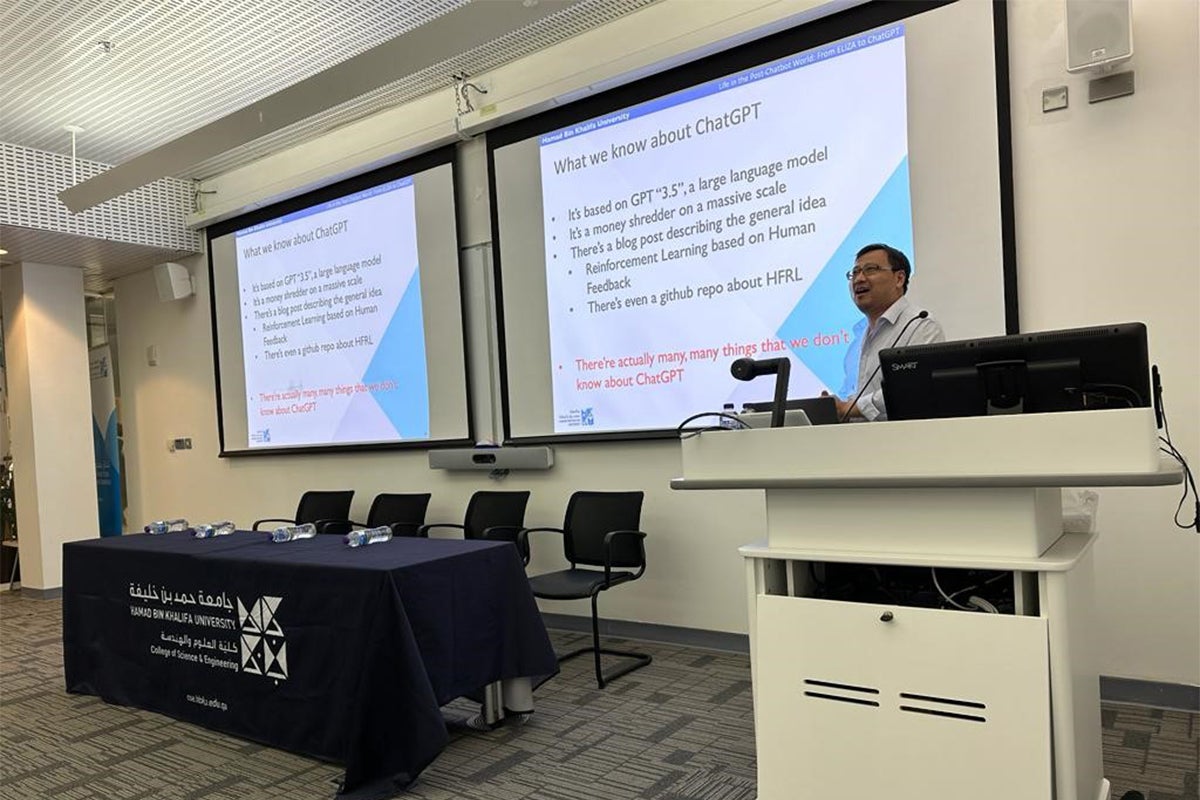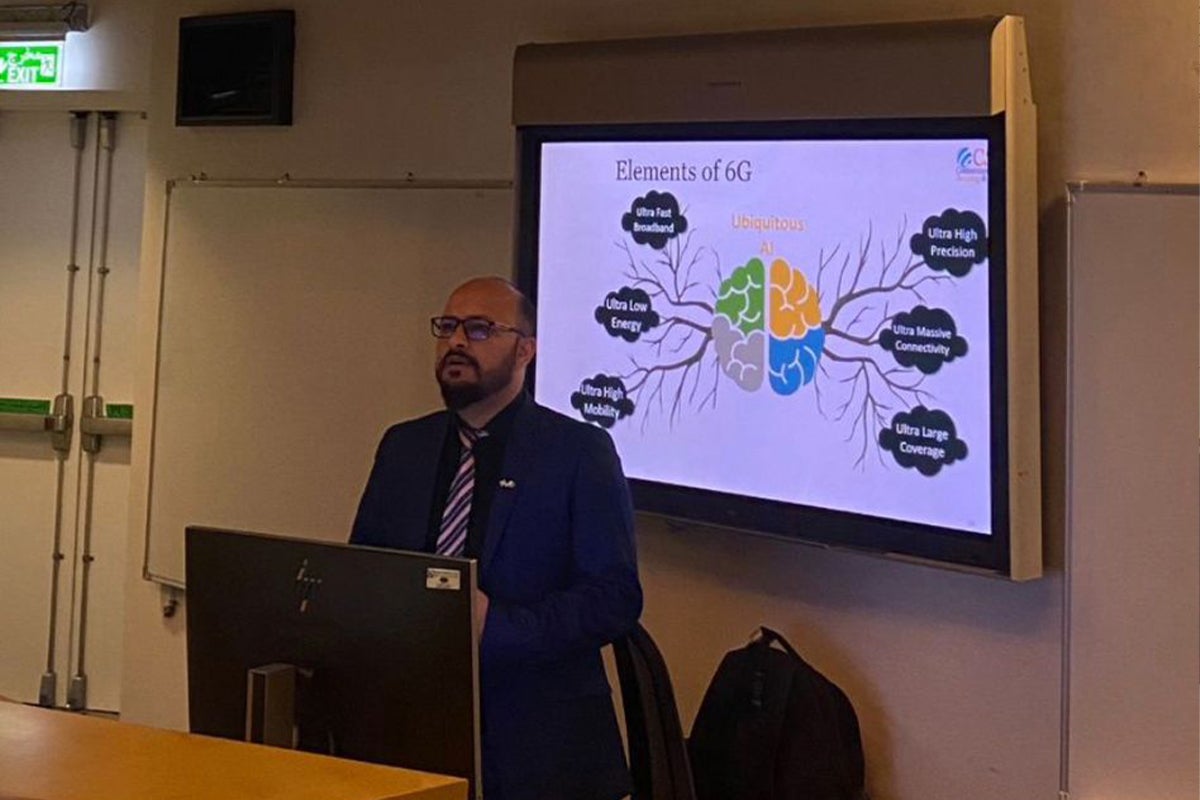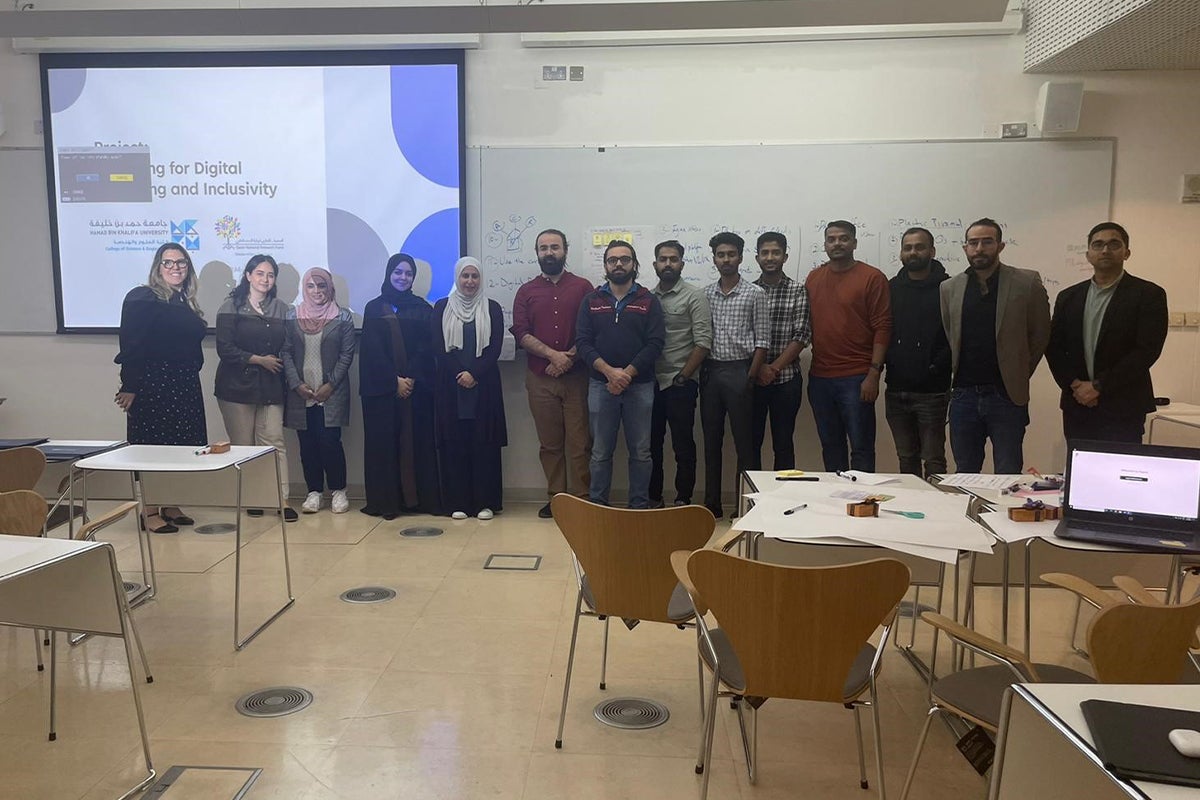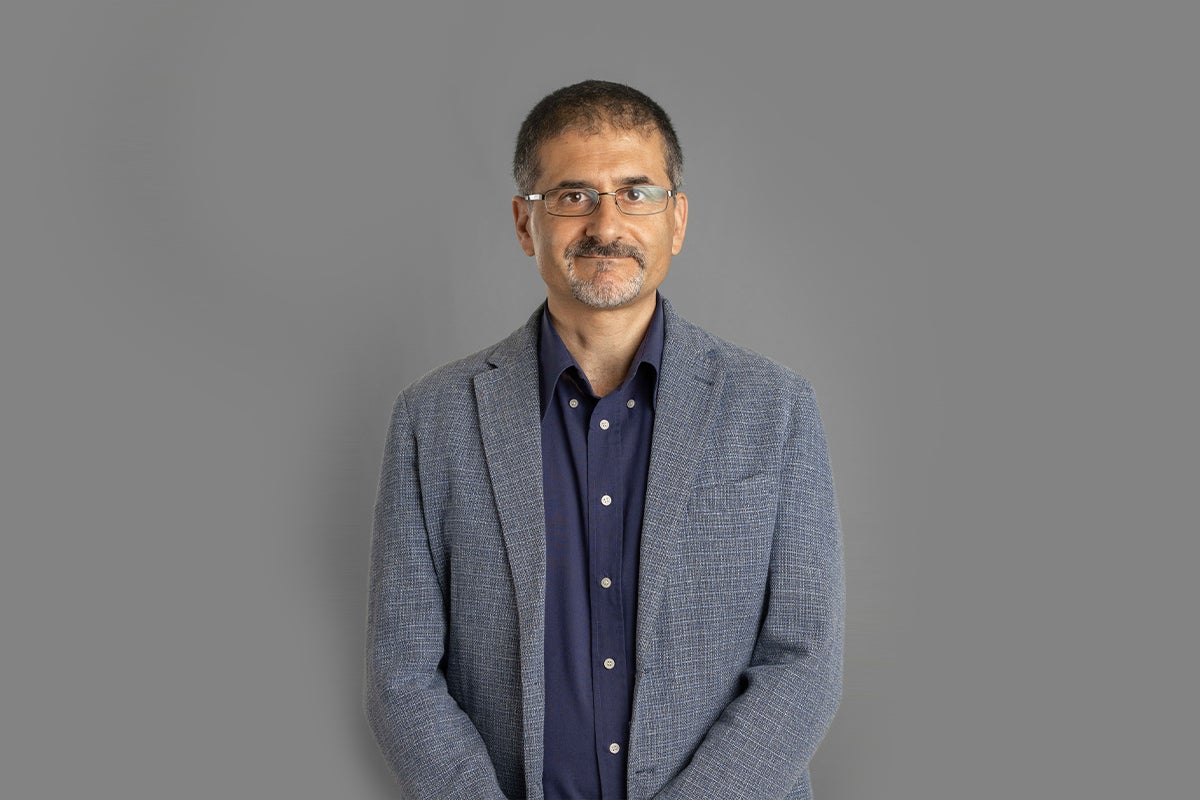Local experts discussed how use of chatbots pose serious questions regarding intellectual property and creativity

Hamad Bin Khalifa University’s (HBKU) College of Science and Engineering (CSE) hosted a special panel discussion inviting locally based experts to outline chatbots’ impact on society and debate the ethical implications of their usage.
Titled “Life in the Post-Chatbot World: From ELIZA to ChatGPT” and moderated by Dr. Aiman Erbad, Associate Professor, CSE, the panel featured HBKU faculty including Dr. David Yang, Assistant Professor, CSE, and Dr. Jens Schneider, Assistant Professor, CSE, and Dr. Wajdi Zaghouani, Assistant Professor, HBKU’s College of Humanities and Social Sciences. Dr. Ghanem Al-Sulaiti, Scientist, HBKU’s Qatar Computing and Research Institute, and Dr. Mahjoob Zweiri, Professor and Director of Gulf Studies Center, Qatar University also joined in the discussion.
The panel detailed the history of chatbots from the development of Eliza, the world's first chatbot, in the 1960s to the recent release of ChatGPT by OpenAI, and how they have grown to become a ubiquitous part of modern life used for everything from knowledge retrieval to entertainment. The participants then exchanged perspectives on the ethical implications of chatbots, focusing on contemporary issues including intellectual property and creativity.
“Chatbots are extremely powerful tools that can generate well-researched essays on any conceivable topic at lightning speed, but this is only made possible by training these AI-powered platforms on huge archives of original work produced by human researchers. We must take care to safeguard their intellectual property and also consider how we can utilize these chatbots ethically in academic or even creative settings,” said Dr. Mounir Hamdi, Founding Dean, CSE.
HBKU’s CSE engages and leads in research disciplines of national and global importance. Its diverse faculty work collectively, pursuing high-impact research in areas exceedingly critical for national and global progression.









